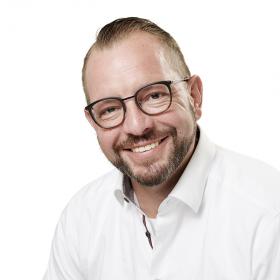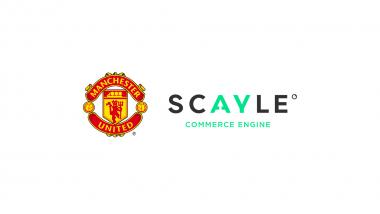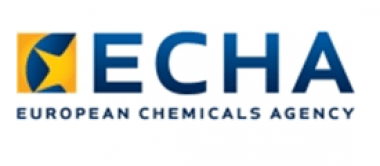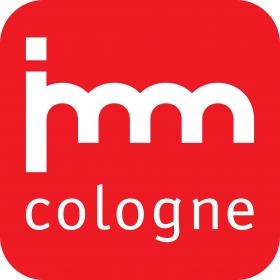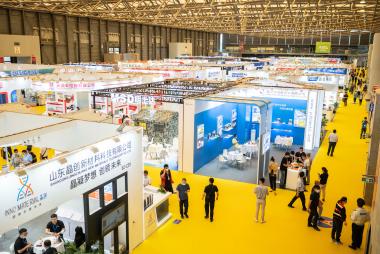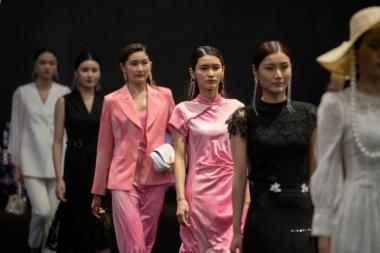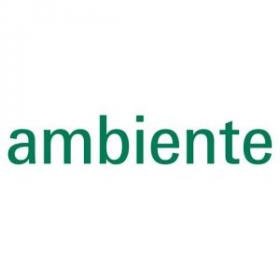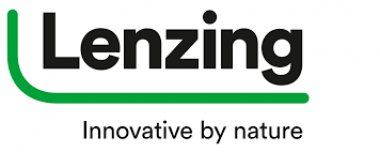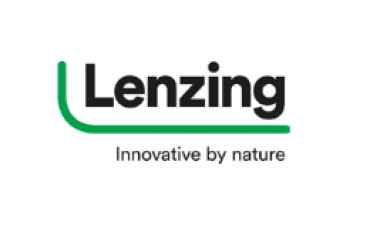Dibella strengthens sales team
The Dibella sales team continues to grow. Since the first of May, Thomas Kmoch has been supporting customers from South Tyrol, Austria and Switzerland.
Dibella welcomes Thomas Kmoch, an experienced member of staff, to the team. Due to his previous twenty years as an authorised signatory and sales director at Damino GmbH, the sales specialist brings with him in-depth knowldge of flat linen for contract business and comprehensive industry expertise.
At Dibella, Thomas Kmoch is primarily responsible for supporting existing customers and building new customer relationships in South Tyrol, Austria and Switzerland. The company is thus further strengthening ist focus on these three regions.
Dibella GmbH


